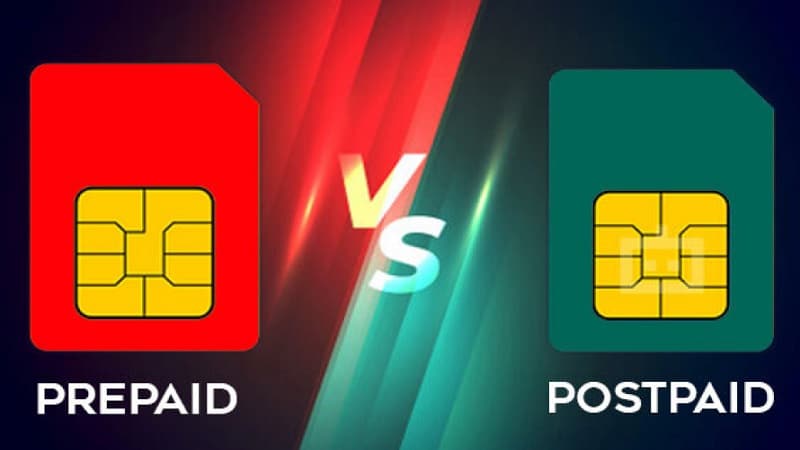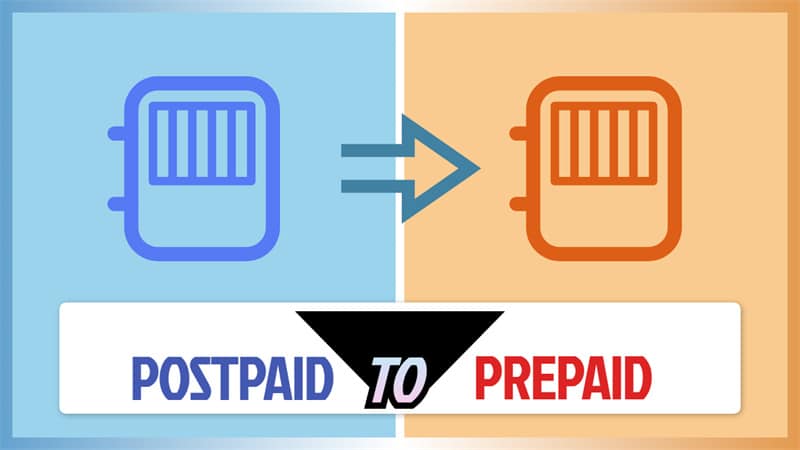
With numerous mobile phone plans to choose from, deciding which one is best for you can be overwhelming.
Selecting which provider to get your plan from is the first hurdle you have to overcome. You have to choose the right carrier to ensure you enjoy problem-free, seamless communication, reliable coverage, data speeds and tailored services.
Additionally, with the right mobile network operator, you won’t have to worry about data security. You can also rely on good customer service, especially when you are experiencing line and connectivity problems.
If you’re in Jordan, you can experience these benefits with Orange Jordan, one of the top telecom providers in the country. They offer reliable network coverage and quality, exceptional customer service, value-added services and a variety of plans.
Their Orange postpaid plans and prepaid SIM cards and lines cater to individuals, families, and businesses and come with customizable options that can meet your usage requirements and budget.
Once you have chosen your provider, the next obstacle you have to face is deciding whether to get a prepaid or postpaid mobile plan.
What to Consider When Choosing Between a Prepaid and Postpaid Plan

Prepaid SIM cards and lines and postpaid plans have their own set of advantages, which is why you have to put careful thought into which one you should get.
To help you choose the best plan, consider these key factors in your decision:
1. Financial flexibility
When choosing between a prepaid and postpaid plan, you have to know how much you’re willing to pay for your communication and data needs on a monthly basis.
When you opt for a prepaid SIM card, you pay a fixed amount for phone calls, text messages and data upfront. This allows you to know beforehand your allowance and plan your use.
The fixed amount also ensures you won’t receive any surprises in your monthly bill.
If you want to manage your expenses efficiently and avoid unexpected charges, a prepaid plan is your best option.
On the other hand, postpaid plans allow you to use services included in your monthly package. If your usage exceeds your given allowance, you can continue using the features, but you have to pay the additional charges.
2. Usage patterns
When choosing between prepaid and postpaid plans, you also have to consider how you use your phone and how often you use it.
If you don’t use your phone a lot or tend to use it only for emergencies or occasional conversations, you would do well to consider a prepaid plan.
However, if you're a heavy user and rely heavily on data for streaming, browsing, and working on the go, a postpaid plan, which usually has bigger data allowances, might be more suitable for you.
3. Mobile phone subsidies and upgrades
One of the biggest perks of postpaid plans is the possibility of phone subsidies and regular device upgrades.
Most mobile network operators offer discounted or even free smartphones to customers who sign up for a postpaid plan for a particular period, which is often 12 or 24 months.
If you like having the latest gadgets and don’t mind being tied to a contract, you might find this option to your liking.
Prepaid plans don’t usually offer such subsidies but they give you the option to switch phones whenever you want without any contractual obligations.
4. Roaming and international usage.
If you’re an entrepreneur or digital nomad who frequently travels overseas, a postpaid plan might be more beneficial for you.
These plans often come with better international roaming packages and services, allowing you to use your phone in other countries without the hassle of changing SIM cards or relying on local prepaid options.
But if you don’t travel to other countries a lot, a prepaid plan lets you keep your communication costs low and manageable.
5. Credit check requirements and contracts.
Signing up for a postpaid plan usually involves credit checks and contracts. If you have a good credit score and have no problems with long-term commitments, you can go for this option.
However, if your current credit score is low and you’re concerned about long-term commitments, a prepaid plan allows you to sidestep these potential hurdles.
You can simply purchase and use a prepaid plan without any long-term contractual obligations.
Overall, deciding whether you should get a prepaid or postpaid mobile phone plan ultimately boils down to your individual needs and preferences.
If staying within your budget, avoiding contracts and enjoying usage flexibility are important for you, a prepaid plan would suit you best.
However, if you use your phone a lot, want to keep up with the latest devices and need reliable international connectivity, a postpaid plan might be the ideal option.
Selecting the Perfect Prepaid Mobile Plan
If you’re leaning towards getting a prepaid mobile plan, follow these tips to ensure you choose the right one:
- Evaluate your usage habits to determine the amount of talk time, texts and data you usually need in a month.
- Find a plan that offers flexibility so that you can modify it when your needs change.
- Look for a prepaid plan with value-added services, such as data rollover where unused data is carried over to the next month.
- Find a plan with special offers or bundles that answer your needs and preferences, such as data-free streaming or access to specific apps.
- Read reviews about the carrier's responsiveness and helpfulness to ensure you can rely on good customer service when needed.
Choosing the Right Postpaid Mobile Plan

If you’re interested in signing up for a postpaid mobile plan, keep these tips in mind to ensure you select the right one:
- Consider how, when and where you will use your device so that you can determine the call, messaging and data allowance you need each month that comes at a price that falls within your budget.
- Check the postpaid plan's flexibility to accommodate changes in your usage.
- Look for bundling options with entertainment services or data-sharing features among household members if you want to include your family in the plan.
- Ensure the plan provides transparent billing and detailed usage reports so that you can manage your expenses effectively.
- Request a contract and carefully read the fine print to understand potential overage charges, international calling rates, and other terms and conditions.
- Check the provider’s customer service quality reputation by reading reviews and feedback from existing users.
Choosing the right prepaid or postpaid plan can shape your mobile communication and entertainment experience.
As such, take the time to assess your needs and preferences and shop around for the best carrier and plan to ensure they meet your expectations.










